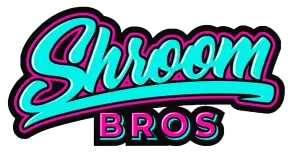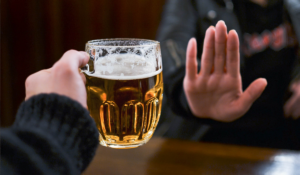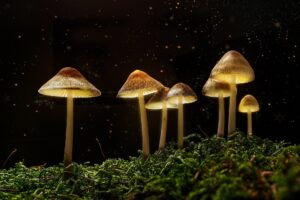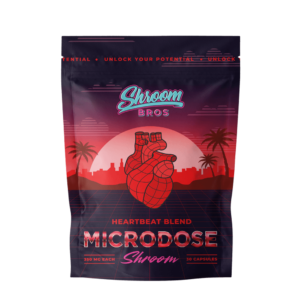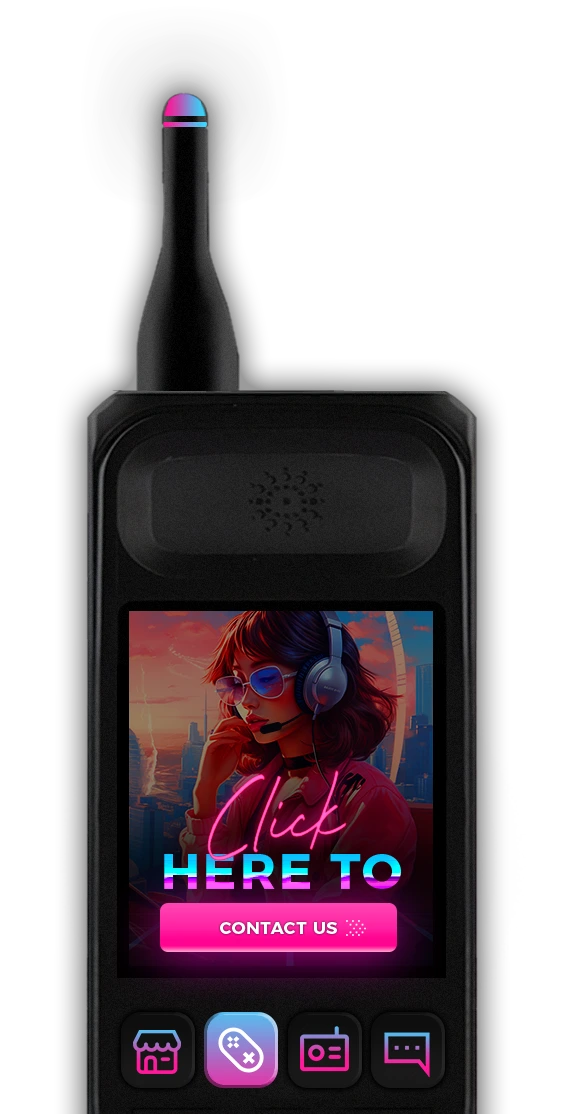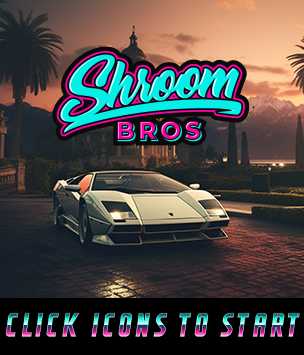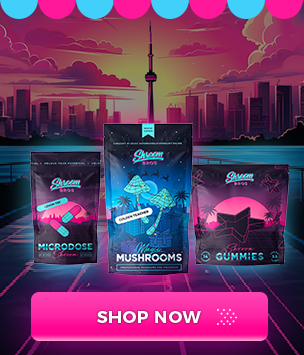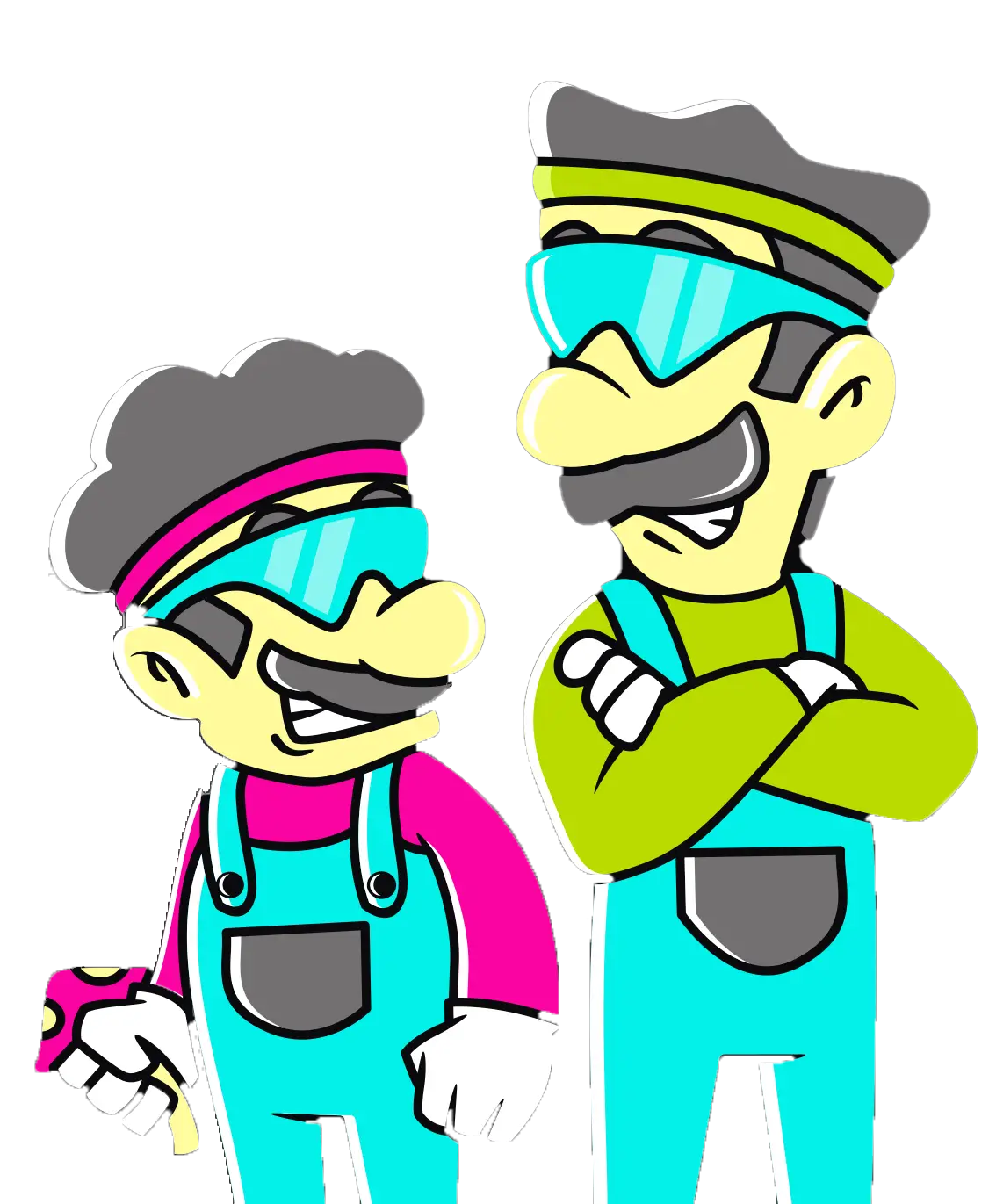Over the past few years, a growing number of people have been stepping away from alcohol, a substance that has long held a dominant role in social, cultural, and personal settings. In its place, many are turning to a surprising alternative: magic mushrooms, also known as psilocybin. This trend is not just a fleeting curiosity; it represents a profound shift in how individuals choose to alter their consciousness and enhance their lives.
Magic mushrooms, once relegated to the fringes of society, are now being celebrated for their ability to foster introspection, creativity, and even healing. Unlike alcohol, which often comes with a slew of negative side effects, psilocybin offers users a pathway to deeper emotional connection and personal growth. This blog explores why magic mushrooms are becoming the preferred substance for many, delving into their benefits, cultural appeal, and the transformative experiences they provide.
The Cultural Shift: Moving Away from Alcohol
Declining Interest in Alcohol Consumption
Over the last decade, alcohol consumption has been steadily declining, especially among younger generations. Millennials and Gen Z are leading the charge, with many embracing the “sober curious” movement—a lifestyle choice that prioritizes intentional consumption and often eliminates alcohol altogether. Surveys reveal that health-conscious lifestyles, environmental concerns, and a desire for greater mental clarity are motivating people to drink less or not at all.
This shift has also been fueled by a growing awareness of alcohol’s negative impact on health, relationships, and productivity. As people seek out alternatives that align with their values, substances like psilocybin are gaining traction. These alternatives are seen as tools for self-exploration rather than escapism, a stark contrast to the traditional use of alcohol in many social settings.
Alcohol’s Negative Effects
The downsides of alcohol are well-documented. Physically, it wreaks havoc on the body, causing liver damage, disrupting sleep, and contributing to weight gain and chronic diseases. Psychologically, alcohol is a depressant, often exacerbating feelings of anxiety and sadness. Many drinkers are all too familiar with the shame and regret that accompany a night of heavy drinking, as well as the dreaded hangover that follows.
Socially, alcohol can impair judgment, leading to arguments, accidents, and even dangerous behavior. For many, these cumulative effects have prompted a reevaluation of whether the short-term buzz is worth the long-term consequences.
The Search for Better Alternatives
The decline of alcohol’s popularity has sparked a search for substances that enhance life rather than detract from it. People are looking for experiences that promote growth, connection, and well-being, rather than merely numbing their emotions or providing temporary relief. Enter magic mushrooms, a natural and ancient alternative that promises not only a unique experience but also lasting benefits.
The Growing Appeal of Magic Mushrooms
What Are Magic Mushrooms?
Magic mushrooms are fungi containing the psychoactive compound psilocybin, which is converted to psilocin in the body. Psilocin interacts with serotonin receptors in the brain, creating altered states of perception, enhanced emotional awareness, and introspective experiences. Historically, psilocybin has been used in spiritual and cultural rituals for thousands of years, celebrated for its ability to foster connection with nature, the divine, and the self.
Benefits of Magic Mushrooms Compared to Alcohol
One of the most compelling reasons people are turning to magic mushrooms is their lack of physical side effects. Unlike alcohol, which often results in hangovers and fatigue, psilocybin use leaves no such aftermath. In fact, many users report feeling rejuvenated, inspired, and more at peace after a trip.
Additionally, magic mushrooms are not physically addictive. While alcohol dependence is a widespread issue with serious health implications, psilocybin poses a much lower risk of abuse. It’s often used sparingly and intentionally, with many users going months or even years between experiences.
The emotional and psychological benefits of psilocybin are another major draw. During a psilocybin trip, individuals often gain deep insights into their emotions, relationships, and life purpose. This introspection can lead to profound changes, including increased emotional resilience and a renewed sense of gratitude.
Testimonials from Users
Stories from those who have transitioned from alcohol to psilocybin paint a compelling picture. One former drinker described how magic mushrooms helped them break free from unhealthy drinking habits, saying, “Alcohol used to numb me, but psilocybin woke me up. It gave me clarity and showed me how to process my emotions instead of drowning them.”
Others have highlighted the unique sense of connection and joy they experience during psilocybin trips, noting that these feelings far outweigh the fleeting highs of alcohol.
Psychedelics and Mental Health
The Therapeutic Potential of Magic Mushrooms
In recent years, scientific studies have shed light on psilocybin’s potential to treat a variety of mental health conditions, including depression, anxiety, and PTSD. Researchers have found that psilocybin can help “reset” the brain, breaking negative thought patterns and fostering a greater sense of hope and possibility.
Psilocybin therapy often involves guided sessions where participants take a controlled dose of the substance while being supported by a therapist. These sessions can lead to profound breakthroughs, helping individuals process trauma and reframe their perspective on life.
Alcohol vs. Psilocybin on Mental Health
Alcohol, on the other hand, is often detrimental to mental health. While it may temporarily alleviate stress or anxiety, frequent drinking can exacerbate these issues over time. Alcohol is also linked to an increased risk of depression, as it disrupts brain chemistry and depletes serotonin levels.
In contrast, psilocybin offers a cathartic and healing experience. Many users describe their trips as emotionally liberating, allowing them to confront and release buried feelings. This therapeutic aspect has made magic mushrooms an appealing alternative for those seeking mental clarity and emotional well-being.
Long-Lasting Effects
One of the most remarkable aspects of psilocybin is its long-lasting impact. Even a single trip can lead to weeks or months of improved mood, mindfulness, and creativity. This “afterglow” effect contrasts sharply with the downward spiral often associated with alcohol, which can leave users feeling drained and disconnected.
The Social Experience: Mushrooms vs. Alcohol
Social Drinking vs. Social Tripping
Alcohol has traditionally been the go-to substance for social bonding, but psilocybin is emerging as an intriguing alternative. Unlike alcohol, which often lowers inhibitions and leads to superficial interactions, psilocybin encourages deeper conversations and meaningful connections.
Avoiding the Chaos of Alcohol-Fueled Gatherings
Alcohol-fueled parties are often chaotic, with loud music, drunken antics, and inevitable mishaps. Psilocybin gatherings, by contrast, tend to be calmer and more intentional. Many users report that psilocybin enhances their ability to truly connect with others, fostering a sense of unity and understanding.
Changing Party Culture
The rise of psychedelic-inspired events is reshaping party culture. From small group trips in nature to curated experiences like sound baths and art installations, these gatherings emphasize creativity, introspection, and shared joy. This shift is appealing to those who find traditional drinking culture unfulfilling.
Health Benefits and Mind-Body Connection
Physical Benefits of Psilocybin
Magic mushrooms have been shown to promote brain plasticity, enhancing the brain’s ability to form new neural connections. This effect may explain why psilocybin users often report improved problem-solving skills and a greater sense of mental flexibility.
Emotional and Spiritual Growth
Psilocybin trips frequently lead to profound emotional and spiritual insights. Many users describe feeling more connected to themselves, others, and the natural world. This heightened sense of purpose and awareness is one of the reasons psilocybin is being hailed as a tool for personal transformation.
Avoiding Alcohol’s Pitfalls
By choosing psilocybin over alcohol, users can sidestep the physical, emotional, and social consequences of drinking. This makes magic mushrooms an appealing option for those seeking a healthier and more fulfilling lifestyle.
Shifting Attitudes and the Future of Psychedelics
Cultural Reframing of Substance Use
As society reevaluates its relationship with alcohol, magic mushrooms are gaining acceptance as a legitimate alternative. Influencers, wellness advocates, and even some mainstream media outlets are helping to destigmatize psilocybin use, presenting it as a tool for self-discovery rather than recreation.
The Growing Popularity of Microdosing
Microdosing—taking small, sub-perceptual doses of psilocybin—has become increasingly popular. Many people use microdosing to enhance focus, creativity, and mood, making it a practical alternative to daily drinking for stress relief.
What This Means for Alcohol
As the appeal of psilocybin grows, the alcohol industry may face new challenges. This cultural shift could lead to a decline in global drinking culture, as more people prioritize health, mindfulness, and meaningful experiences over intoxication.
Conclusion
The movement away from alcohol and toward magic mushrooms represents more than just a trend—it’s a reflection of a deeper cultural transformation. People are seeking substances that enhance their lives rather than detract from them, and magic mushrooms are proving to be a powerful tool for personal growth, emotional healing, and connection.
As we continue to learn more about the benefits of psilocybin, it’s clear that this natural alternative has the potential to redefine how we approach altered states of consciousness. For those who are curious, it’s an invitation to explore a new way of enhancing life—one that prioritizes well-being, creativity, and connection.
